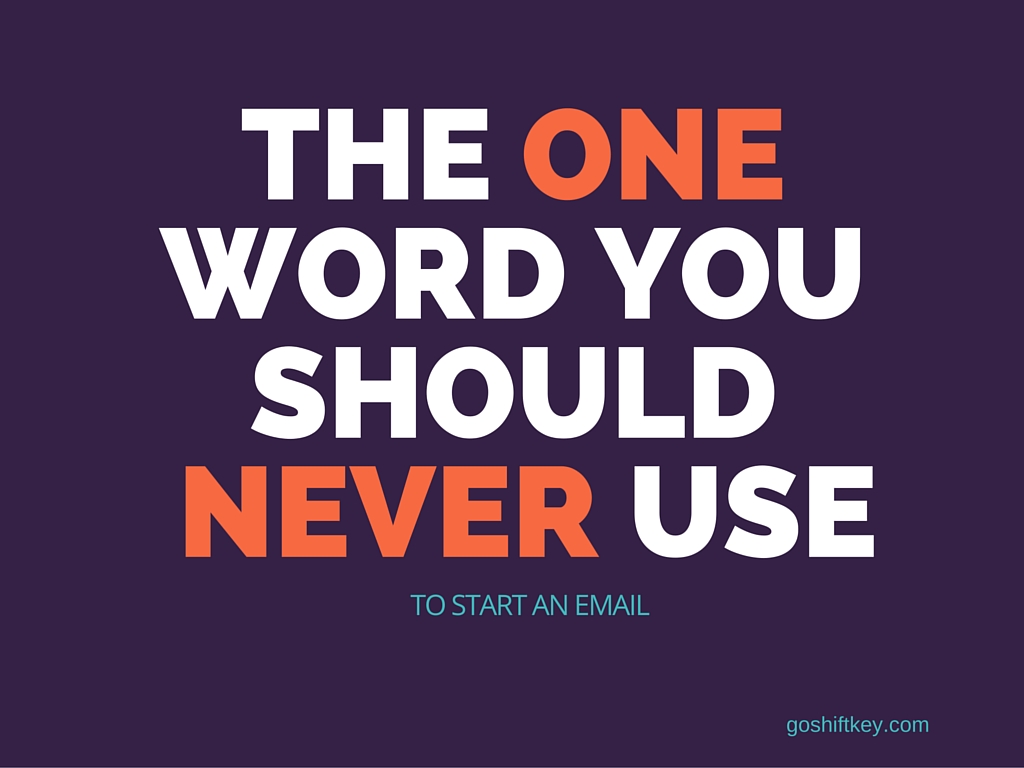“The New York Times”‘ weekly “Corner Office” column features corporate executives on leadership, and the recent column on Jonathan M. Tisch, co-chairman of the board of the Loews Corporation (Loews Hotels & Resorts), piqued our interest.
Tisch warns CEOs and others at the top of their organizations to beware the “thin air.” At that level, he says people tend to tell you what they think you want to hear rather than the truth. As CEOs become more confident and discerning in their roles, he encourages them to press leadership to be truthful over flattering (shut the brown-nosing down!).
Regarding how he hires: “I want people who know how to listen. You can learn a lot with your mouth shut.”
Tisch shared nuggets of wisdom for recent graduates such as, “Take a job, any job. You’re not necessarily going to get the first job right out of the box that you want. But what you will learn by taking a job immediately is how to deal with other people, how to process information, how to be part of a team …”
And the most interesting advice in our world of corporate communications and content marketing, a directive from a former boss that’s stayed with Tisch for 35 years: “Never start a paragraph with the word ‘I,’ because that immediately sends a message that you are more important than the person that you’re communicating with.”
That lesson was passed along to Tisch in 1980, in his first month with Loews, about how to write letters. The same school of thought applies to emails today, he feels.
“When you start to train your thinking about how to not use ‘I,’ you become a better writer, and it teaches you how to really think through an issue. What are you really trying to say and how are you going to say it without starting the paragraph with the word ‘I’?” Tisch said.
It can indeed be a fun challenge to creatively re-word your next email following his rule.
Not that you can’t use “I” later in the body of the email, but perhaps putting more focus on the recipient at the onset of all emails will inadvertently shift more of your overall communication (and that of your company’s) to an increased customer-friendly or client-directed focus? Or as Tisch suggests, it could force your hand to a higher quality of writing. Both of these could be very good things!
Do you have any “old school” rules about writing that you were taught as a student or employee that you live by today? If you first entered the workplace during the pre-email era, what is some tried and true advice you’ve received about writing or business communications that transcends technology and delivery mediums?
At Shift Key, we make communication capital. We are journalists who know how to create original content, the foundational layer of digital marketing. We understand audience and the information your audience wants — whether you are an agency, brand, company or non-profit. Content is the bedrock of digital marketing. Shift Key creates unique and informative content that feeds marketing activities across a mounting number of channels, generating buzz for brands and leads for products and services.


This post is great. Really like your blog, and went back to read the article about dashes (since I use them all the time). It helped, so thanks so much!
Thanks so much, Amber! Based on your feedback (not to mention higher social media click-through rates on this and similar posts), we will continue to research and write more blogs like this!